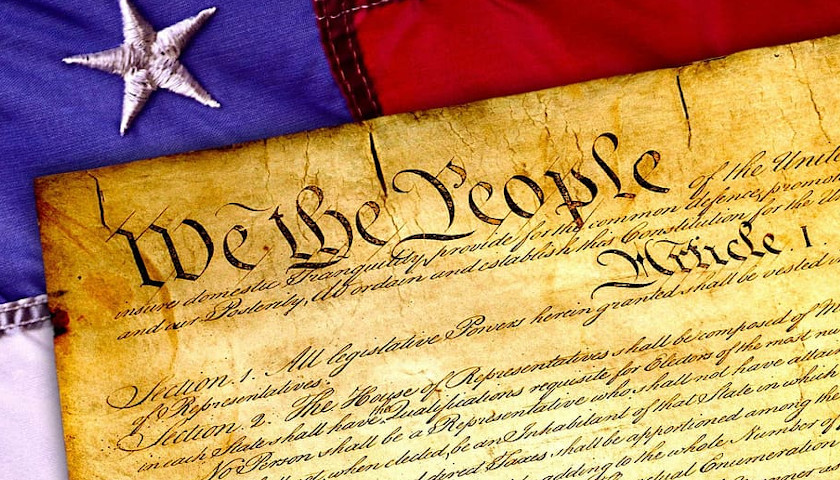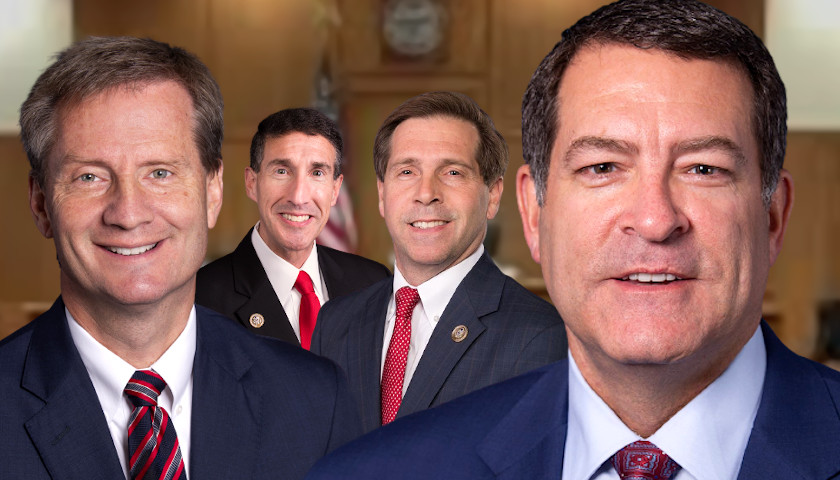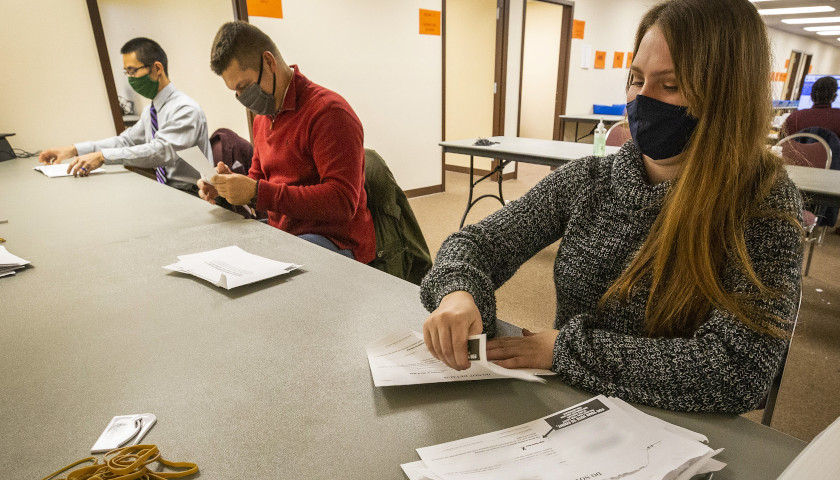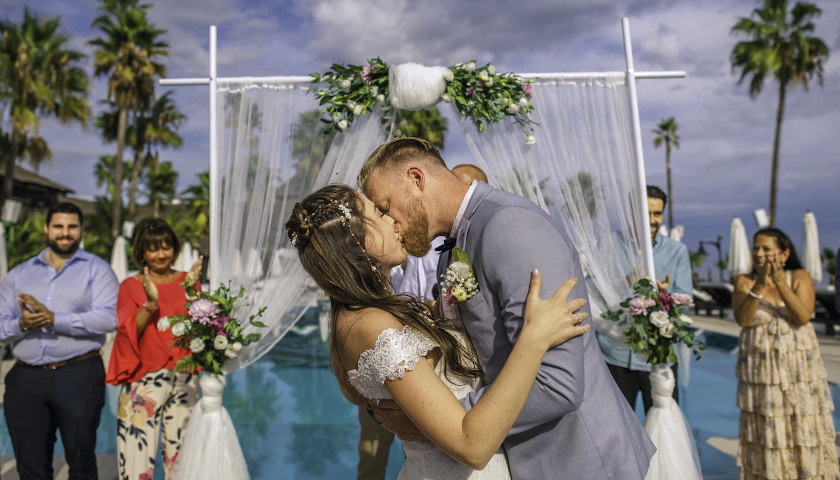The deep divisions plaguing our country may find a remedy in the most unlikely of places: the Bill of Rights. Ratified 229 years ago on December 15, 1791, the first 10 amendments to the Constitution are known collectively as the Bill of Rights. There is little public commemoration of December 15, in contrast to the tradition of celebrating two famous dates in the history of the United States—the Fourth of July, the day that the Declaration of Independence was adopted in 1776, and September 17, the day that the members of the Constitutional Convention signed the Constitution in Philadelphia in 1787. Yet, of the three documents, the Bill of Rights is perhaps the one most invoked by citizens and advocates in everyday life.
Read MoreTag: Constitution
106 GOP Members File Amicus Brief in Texas SCOTUS Election Lawsuit
A total of 106 House Republicans on Thursday filed an amicus brief with the U.S. Supreme Court in support of the plaintiffs in Texas v. Pennsylvania, et al, including Tennessee’s U.S. Representatives Mark Green, Tim Burchett, Chuck Fleischmann, David Kustoff, John Rose, with U.S. Rep. Mike Johnson (R-LA-04) taking the lead.
U.S. Rep. Mark Green (R-TN-07) tweeted, “100+ House Republicans and I have filed a brief urging the Supreme Court to hear the Texas case. The election for the presidency of the United States is too important to not get right.”
Read MoreDecember 8 Deadline for Selection of Electors Does Not Apply to Disputed States, Amistad Project Says
In a white paper released Friday, The Amistad Project of the non-partisan Thomas More Society is arguing that the current Electoral College deadlines are both arbitrary and a direct impediment to states’ obligations to investigate disputed elections.
The research paper breaks down the history of Electoral College deadlines and makes clear that this election’s Dec. 8 and Dec. 14 deadlines for the selection of Electors, the assembly of the Electoral College, and the tallying of its votes, respectively, are not only elements of a 72-year old federal statute with no Constitutional basis, but are also actively preventing the states from fulfilling their constitutional — and ethical — obligation to hold free and fair elections. Experts believe that the primary basis for these dates was to provide enough time to affect the presidential transition of power, a concern which is obsolete in the age of internet and air travel.
Read MoreChristian Wedding Photographer and Ministries Sue Virginia Over Law Banning LGBTQ Discrimination
A Christian wedding photographer and two churches, three Christian schools, and a pro-life ministry sued Virginia for its LGBTQ discrimination law. The plaintiffs argue that the law is a violation of religious freedom in the First Amendment.
The Christian plaintiffs say the state law forces their hand. If they don’t forsake God’s commandments, they could endure hundreds of thousands or more in fines and litigation fees. And, they could face a court order to adhere to the law. These individuals are also prohibited from expressing any religious beliefs that may be perceived as discriminatory.
Read More



